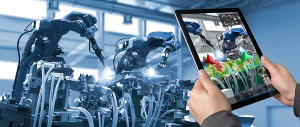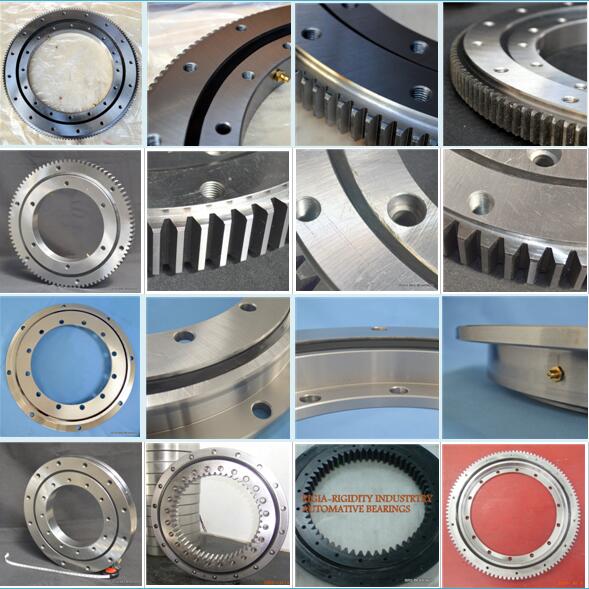Robots Will Replace 75 Million Jobs by 2025! What about Workers?
A recent report from the World Economic Forum pointed out that human beings currently carry 71% of the world's tasks. By 2025, machines will do more tasks than humans. But on the other hand, with the rapid development of machines and algorithms in the workplace. 133 million new jobs can be created, replacing the 75 million jobs that will be lost between now and 2022.

Demographic Dividend Disappear
In recent years, with the rise in labor prices, the demographic dividend of Chinese manufacturing companies has gradually disappeared. Promoting traditional industries with modern automation equipment and promoting “technical dividends” to replace “demographic dividends” has become an inevitable choice for manufacturing enterprises to optimize and upgrade.
In order to improve production efficiency and quality, more and more enterprises are promoting reform and innovation. The government also subsidizes the company's “robots replace human” program. Purchases automation equipment including robots, and promotes the intelligent upgrade of traditional manufacturing.
Some manufacturers' understanding of "machine replace human" is no longer simply to solve the problem of labor shortage. But to use "machine substitution" and the extension of automation, digitization and intelligence. Use technology to further improve production efficiency and product quality to further enhance market competitiveness.
Concern and Situation of Workers
However, with the acceleration of the machine and robots application, many workers' jobs will be replaced by robots. This raises concerns: Will future factory workers be unemployed?
According to a report from the World Economic Forum, about 50% of companies expect that by 2022, automation will reduce the number of full-time employees. Nearly 40% of companies expect to expand their workforce, and more than a quarter of companies expect automation to be conducted within the enterprise and create new positions.
While “robots replace humans” brings benefits to enterprises and brings positive effects of industrial transformation and upgrading, it also brings new challenges to the labor market in the technical skills field. According to the "2017 China Robot Industry Development Report" released by the Chinese Institute of Electronics, China has been the world's largest industrial robot application market for five consecutive years. However, many manufacturing companies are in trouble when recruiting robots for first-line operations.
When the manufacturing process no longer requires the participation of workers, it also requires manual commissioning to install the production line. It is necessary to manually automate the programming of the robot, and manual maintenance of the robot equipment is also required. Throughout the production process, workers do not appear on the manufacturing side, but appear on the monitoring side, ensuring the operation of the entire production process behind the scenes.
Future of Workers
Therefore, “robots replace humans” refers to the reduction of the average worker who does the repetitive work. The new skilled workers are required to program and maintain the robot. Today, many manufacturing companies are calling for a lack of talent. In fact, the lack of technicians, robotics technicians, robotics engineers and other advanced skilled workers.
For frontline workers in the bearing industry, “robots replace humans” is an opportunity to rediscover and recognize themselves. We must think about how to continue learning, through transformation and upgrading, to meet the needs of social development.
Robots replace humans is a general trend. BRS Bearing will also help workers to develop new skills and upgrade their role to engineers through internal training or professional certification training. Only in this way can we not be eliminated by the environment and have better prospects for development.

